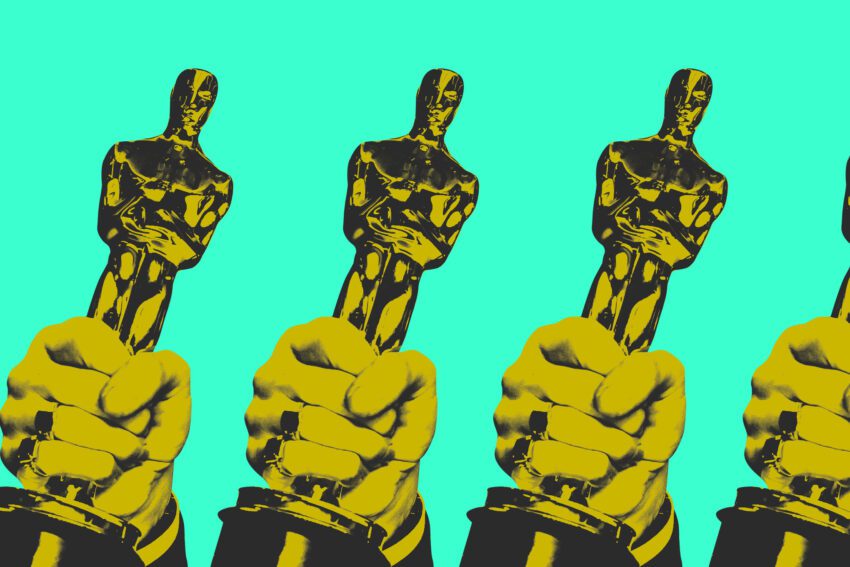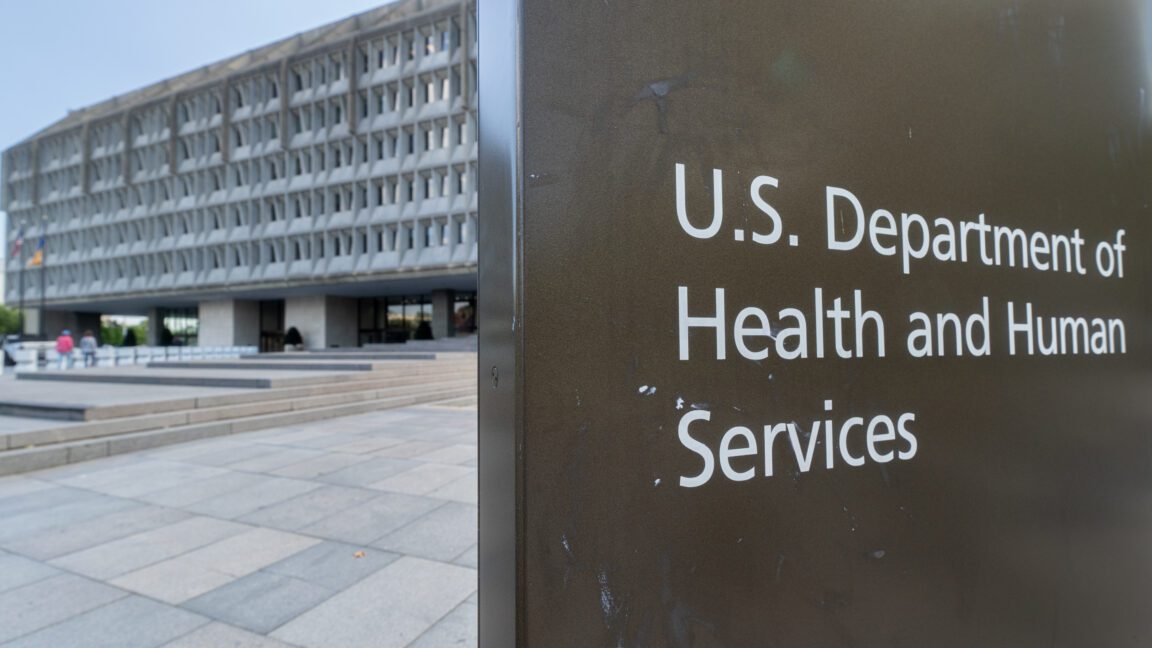
hollywood has no idea what to do Recent developments in artificial intelligence have sparked a significant divide between the tech industry and Hollywood, as stakeholders grapple with the implications of AI on content creation.
hollywood has no idea what to do
OpenAI’s New Offering: The Sora App
At the recent OpenAI DevDay, CEO Sam Altman unveiled the Sora app, which he described as a gift to content creators. This app aims to empower creators by providing them with tools to generate AI-driven content more easily. Altman emphasized that OpenAI’s mission is to support creativity rather than stifle it, suggesting that the company has been overly cautious in restricting the types of AI-generated videos that users can create.
“On the whole, creators, rights holders, people are very excited about the potential of this,” Altman stated during a media Q&A session in San Francisco. His remarks highlight a growing enthusiasm among creators for the possibilities that AI can offer, from streamlining production processes to enhancing storytelling capabilities.
The Promise of AI in Content Creation
The introduction of AI tools like Sora has the potential to revolutionize the way content is produced in Hollywood. By automating certain aspects of the creative process, AI can help filmmakers and content creators save time and resources. For instance, AI can assist in scriptwriting, video editing, and even generating visual effects, allowing creators to focus more on the artistic elements of their projects.
Moreover, AI can analyze audience preferences and trends, providing creators with insights that can guide their work. This data-driven approach could lead to more engaging content that resonates with viewers, ultimately benefiting both creators and audiences alike.
Hollywood’s Hesitation and Concerns
Despite the excitement surrounding AI, Hollywood remains cautious. Many industry professionals express concerns about the implications of AI-generated content on intellectual property rights, job security, and the authenticity of creative work. The fear is that AI could undermine the value of human creativity, leading to a homogenization of content that lacks the unique touch of individual artists.
Intellectual Property Issues
One of the most pressing concerns is the question of intellectual property. As AI tools become more sophisticated, they can generate content that closely resembles existing works. This raises the issue of copyright infringement and the potential for legal battles over ownership of AI-generated content. If an AI system creates a script or a piece of music that is similar to a copyrighted work, who is held accountable? The creator of the AI, the user, or the AI itself?
These questions remain largely unanswered, and the uncertainty surrounding intellectual property rights has led to a cautious approach among many in Hollywood. Industry leaders are advocating for clearer regulations and guidelines to address these concerns before fully embracing AI technologies.
Job Security and the Human Element
Another significant concern is the impact of AI on jobs within the creative industry. Many professionals fear that as AI tools become more capable, they may replace human roles in areas such as scriptwriting, editing, and even acting. This fear is compounded by the fact that AI can produce content at a fraction of the cost and time it takes human creators.
However, proponents of AI argue that these tools should be viewed as collaborators rather than replacements. They believe that AI can enhance human creativity by taking over mundane tasks, allowing creators to focus on the more nuanced aspects of storytelling and artistic expression. The challenge lies in finding a balance between leveraging AI’s capabilities and preserving the essential human element that makes storytelling so powerful.
Stakeholder Reactions
The divide between Silicon Valley and Hollywood is evident in the reactions of various stakeholders to the rise of AI in content creation. While tech leaders like Altman are enthusiastic about the potential of AI, many Hollywood executives and creators are more skeptical.
Tech Enthusiasts vs. Traditionalists
In Silicon Valley, the prevailing sentiment is one of optimism. Tech leaders see AI as a tool that can democratize content creation, making it accessible to a broader range of individuals. This perspective aligns with the ethos of innovation that drives the tech industry, where the focus is often on pushing boundaries and exploring new possibilities.
Conversely, traditionalists in Hollywood are more cautious. They emphasize the importance of preserving the artistry and craftsmanship that define the industry. Many creators are concerned that an overreliance on AI could lead to a decline in the quality of content, as automated processes may prioritize efficiency over creativity.
Calls for Collaboration
In light of these differing perspectives, some industry leaders are calling for collaboration between tech companies and Hollywood. They argue that by working together, both sectors can find solutions that address the concerns surrounding AI while also harnessing its potential benefits. This collaboration could involve developing ethical guidelines for AI use in content creation, as well as establishing frameworks for intellectual property rights.
The Future of AI in Hollywood
As the debate surrounding AI continues, it is clear that the future of content creation in Hollywood will be shaped by the interplay between technology and creativity. While AI offers exciting possibilities, it also presents significant challenges that must be addressed.
Potential for Innovation
Looking ahead, the potential for innovation in Hollywood is immense. AI could lead to new genres of storytelling, unique visual experiences, and even interactive content that engages audiences in unprecedented ways. For instance, AI could enable personalized viewing experiences, where content is tailored to individual preferences based on data analysis.
Moreover, as AI tools become more integrated into the creative process, they may inspire new forms of collaboration between artists and technologists. This fusion of creativity and technology could lead to groundbreaking projects that redefine the boundaries of storytelling.
Regulatory Considerations
However, for this potential to be realized, regulatory considerations must be addressed. Policymakers will need to establish clear guidelines that protect intellectual property rights while also fostering innovation. This may involve creating new legal frameworks that specifically address the challenges posed by AI-generated content.
Additionally, industry stakeholders will need to engage in ongoing discussions about the ethical implications of AI in content creation. This includes considering the impact on jobs, the authenticity of creative work, and the potential for bias in AI algorithms.
Conclusion
The divide between Silicon Valley and Hollywood regarding AI is indicative of a broader conversation about the future of creativity in the digital age. While the promise of AI is undeniable, the challenges it presents cannot be overlooked. As both industries navigate this complex landscape, collaboration and open dialogue will be essential in shaping a future where technology and creativity coexist harmoniously.
Source: Original report
Was this helpful?
Last Modified: October 11, 2025 at 4:36 am
0 views















